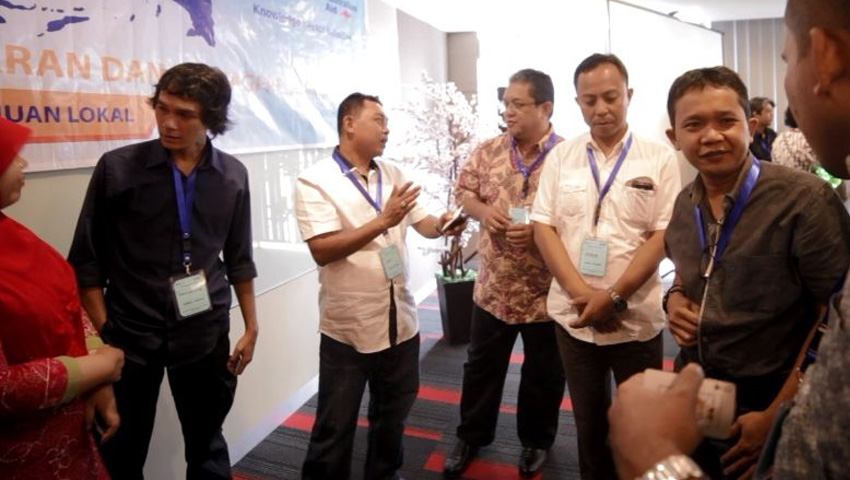Both empirical evidence and practical experience demonstrate that utilising the collective knowledge of communities in decision-making can be useful in creating policies that are effective and beneficial for all stakeholders.
Local knowledge draws on individual experience, values, and know-how and adds new perspective to the “academic” knowledge produced in formal environments. Hence, local knowledge provides alternative approaches and insights that inform the policy-making process. Most importantly, the inclusion of local knowledge in this process ensures that the needs of of the people in the community; who are frequently not consulted; are addressed.
As part of its efforts to support and explore effective ways to include local knowledge in policy dialogue in Indonesia, the Knowledge Sector Initiative (KSI) has provided grants for ten community-based initiatives at the end of July, 2015. “One of the fundamental principles of socially inclusive development is the use of local knowledge whereby broader participation from the community is encouraged in the process,” said Kharisma Nugroho from KSI.
These grants are for a six-month period and allow organisations to design, implement, and evaluate the effective participation of local community in the development context. At the end of the grant period, lessons learned from the process will be disseminated.
This scheme was launched alongside a grant workshop in Yogyakarta on August 10- 11, 2015, in which representatives from the ten organisations participated.






